The alarming rise of irksome allergies among the general population no longer merely represents an increasing health concern for individuals – it’s becoming a pressing issue for businesses around the globe. Any employee having a hard time with sneezing, coughing, itchy eyes and more, is unlikely to perform at their best, thus impacting not only their own productivity, but the productivity of the overall work environment.
‘As a company deeply committed to creating allergen-friendly foods, we believe that clear labeling and cross-contamination prevention are not just best practices – they’re ethical imperatives. A workplace that prioritizes these measures respects the well-being of its employees and sets a gold standard for occupational health,’ says Jess Grelle, SVP of Innovation at Safe + Fair.
While many organizations rightly keep a keen focus on various aspects of occupational health and safety, allergy management often takes a back seat. This comprehensive guide aims to help businesses of all sizes understand and implement the best practices for managing allergies in the busy, modern workplace.
Understanding the Nature of Allergies
Before we dive into business best practices, it’s crucial to form a solid foundation of understanding exactly what allergies are, and how they manifest.
An allergy is essentially an overreaction of the immune system to substances that generally do not affect many other individuals. Such substances, otherwise known as allergens, can include pollen, mold, pet dander, foods, and even certain chemicals found in cleaning products.
Allergy symptoms can vary enormously in severity, from mild discomfort, such as itching and sneezing, to severe reactions that could even be life threatening.
Types Of Allergies
Here are the main categories for different variations of allergies:
Seasonal Allergies
Seasonal allergies are caused by outdoor allergens such as pollen.
Perennial Allergies
These year round allergies are caused by dust, mold, pet dander, and such.
Food Allergies
Individuals can react to certain foods (or certain ingredients within foods) which can range from mild symptoms to severe reactions requiring medical treatment.
Chemical Sensitivities
Some people suffer with allergies or intolerances to chemicals often found in cleaning products, sprays, and even office supplies.
Understanding the diversity of allergies can assist businesses monumentally in developing targeted policies for a more comprehensive, efficient approach to allergy management that really makes a difference.
Open Communication is Key
One of the most critical steps towards creating an allergy friendly workplace is opening up the channels of effective communication; employees want and need to feel safe and supported in sharing their personal health concerns.
Consider conducting confidential health surveys to gauge the extent of allergies already being suffered within your workforce; this data can serve as the foundation for your allergy management policies, as well as providing an excellent resource to reflect upon as you roll your strategy out and monitor its efficacy.
Established Allergy Committees
Forming an allergy committee is an excellent way to help engage further with employees. An allergy committee can consist of volunteers who helped to gather data, raise awareness, and suggest important improvements to the existing system.
An assigned allergy committee can serve as a pivotal touchpoint for employees and management, helping to ensure that policies are not just formulated, but also effectively implemented and consistently followed.
Policy Implementation
Once you have a fairly comprehensive understanding of the kinds of allergies that are prevalent within your organization, it’s time to develop and implement well-considered policies tailored specifically to those needs.
Cleaning Regimens

Photo by Towfiqu barbhuiya on Unsplash
- Daily Cleaning: It’s essential to perform regular cleaning, paying special attention to common areas, such as kitchens, bathrooms, and touch points, i.e., elevator buttons
- Hypoallergenic Cleaning Supplies: Opt for cleaning products that are much less likely to trigger allergy responses in individuals, and be sure to check labels for the ‘hypoallergenic’ tag
- Special Cleaning Teams: Hire – or otherwise train existing – cleaning staff who are well versed in using hypoallergenic products and understand the importance of avoiding cross contamination
Air Quality Management
- HEPA Filters: High-Efficiency Particulate Air (HEPA) filters can effectively trap airborne particles
- Ventilation: It’s essential to ensure proper ventilation in all areas of the workplace, especially in rooms that are often closed, such as conference rooms, etc
- Humidity Control: No matter what climate your workplace is located in, it’s essential to control the humidity in the building; too much humidity can encourage mold growth, while too little can irritate the human respiratory system. The indoor humidity levels must be monitored and balanced at all times
Food Allergies and the Cafeteria
- Labeling: It’s critical that all foods be clearly labeled in terms of their ingredients, especially if they contain common allergens, such as nuts, gluten, and dairy
- Cross Contamination: Cafeteria staff must be trained on how to avoid cross contamination between foods that contain allergens and those that do not
- Alternative Options: To create an inclusive, safe environment for all workers, it’s imperative to always provide allergen free food options and ensure that all staff have access to them. Wherever possible, opt for organic.

Photo by Fuzzy Rescue
Emergency Protocols
- First Aid Kits: All first aid kits must include antihistamines as standard, and they should be easily accessible and clearly labeled
- Emergency Action Plan: Develop a clear action plan for exactly how severe allergic reactions will be handled, especially in the case of anaphylaxis
- Employee Training: Ensure that every single employee knows where first aid kits are located, as well as how to use an epinephrine auto injector, if necessary
Accommodations and Flexibility
While many allergies only result in mild symptoms that can be easily managed by the individual, some employees may require special accommodations.
Special accommodations for allergies might include the option to work from home during peak allergy season, and/or relocating their desk away for a specific allergen source. Consider implementing a flexible work policy that allows for such accommodations to best support allergy sufferers.
Regular Reviews
Put in place a system for periodic evaluation of your allergy management policies. This system can involve annual surveys, regular consultations with healthcare providers, and open forums where all employees can provide feedback, assisting with the evolving improvement of the approach to allergy management in the workplace.
Final Thoughts
Given the varying types of allergies and the extent to which the reactions can range in severity, managing allergies in the workplace requires a multifaceted approach; open communication, well researched policies and an ongoing dedication to continually adapt and improve is essential.
By taking allergies seriously in the workplace, businesses can offer up a far healthier, more comfortable environment for all concerned; this not only boosts individual well-being and productivity, but also send a clear message to the workforce that their health is a priority, thus inevitably increasing overall job satisfaction and employee retention.





